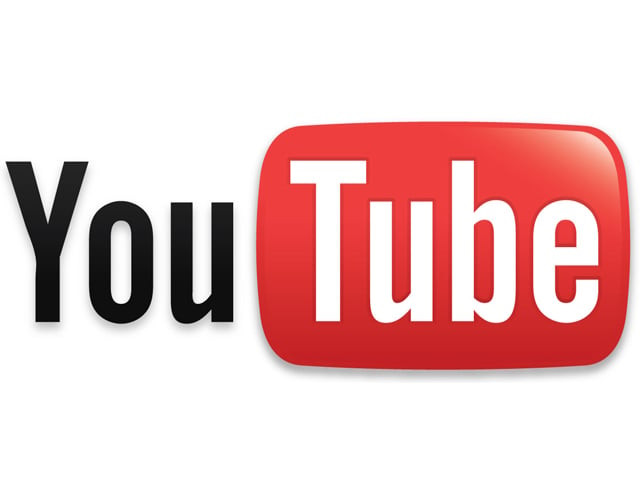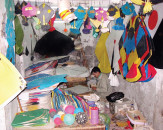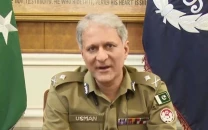YouTube ban: ‘IT Ministry, PTA can’t block all bad content’
Petitioner to meet with officials, experts to explore tech solution.

YouTube was blocked across Pakistan on September 17, 2012, on the orders of then-prime minister Raja Pervez Ashraf.
The Ministry of Information and Technology and the Pakistan Telecommunications Authority told the Lahore High Court on Tuesday that they could not block all controversial content on YouTube or the internet.
Ministry and PTA representatives said that there was no technology available which could block all controversial sites, so they could not guarantee that no controversial film or material would surface on YouTube.
Justice Syed Mansoor Ali Shah, who is hearing a petition seeking the restoration of the video-sharing website moved by an NGO named Bytes For All, remarked that the reopening of YouTube is linked with the technological ability of the ministry and the PTA to block unwanted content.

The court directed PTA Director General Waseem Tauqeer to meet with the petitioner and representatives of the IT Ministry and IT experts to explore whether there are technologies that could enable the ministry and PTA to block controversial content but make the educational and informational content on YouTube available for the general public. Departmental representative will organise the meeting before the next hearing, the judge said in his order.
The PTA director general was also told to place the minutes of the meeting on the record before the next hearing on July 27, when he must personally appear before the court for assistance.
The judge observed that should the IT Ministry or PTA fail to come up with a technological solution to the problem, he would decide the matter on the constitutional touchstone of fundamental rights and public interest.
Earlier, a ministry representative told the court that Google, which owns YouTube, was not interested in joining the proceedings. The judge expressed regret at this, noting that the company had not even informed the court that it would not join the proceedings, which was not expected of a reputable company like Google.
At the previous hearing on April 26, the court had issued notices to Google Asia Pacific Ptv Limited to solicit the web giant’s position on whether it wished to localise its services in Pakistan by setting up a native YouTube site.

The counsel for the petitioner submitted that there were several technologies available which could help block controversial content or web pages on YouTube. He asked the court to direct the IT Ministry and the PTA to reopen YouTube and only block the controversial content.
YouTube was blocked across Pakistan on September 17, 2012, on the orders of then-prime minister Raja Pervez Ashraf after a trailer for a blasphemous movie on the site caused outrage in the Muslim world.
The petitioner’s counsel, Advocate Yasser Latif Hamdani, submitted that internet curbs were counterproductive and deprived Pakistanis of the right to access information as well as the right to counter propaganda against the country or their beliefs. He said taking away access to YouTube was the modern equivalent of taking away the scholar’s pen.
Published in The Express Tribune, July 17th, 2013.


















COMMENTS
Comments are moderated and generally will be posted if they are on-topic and not abusive.
For more information, please see our Comments FAQ